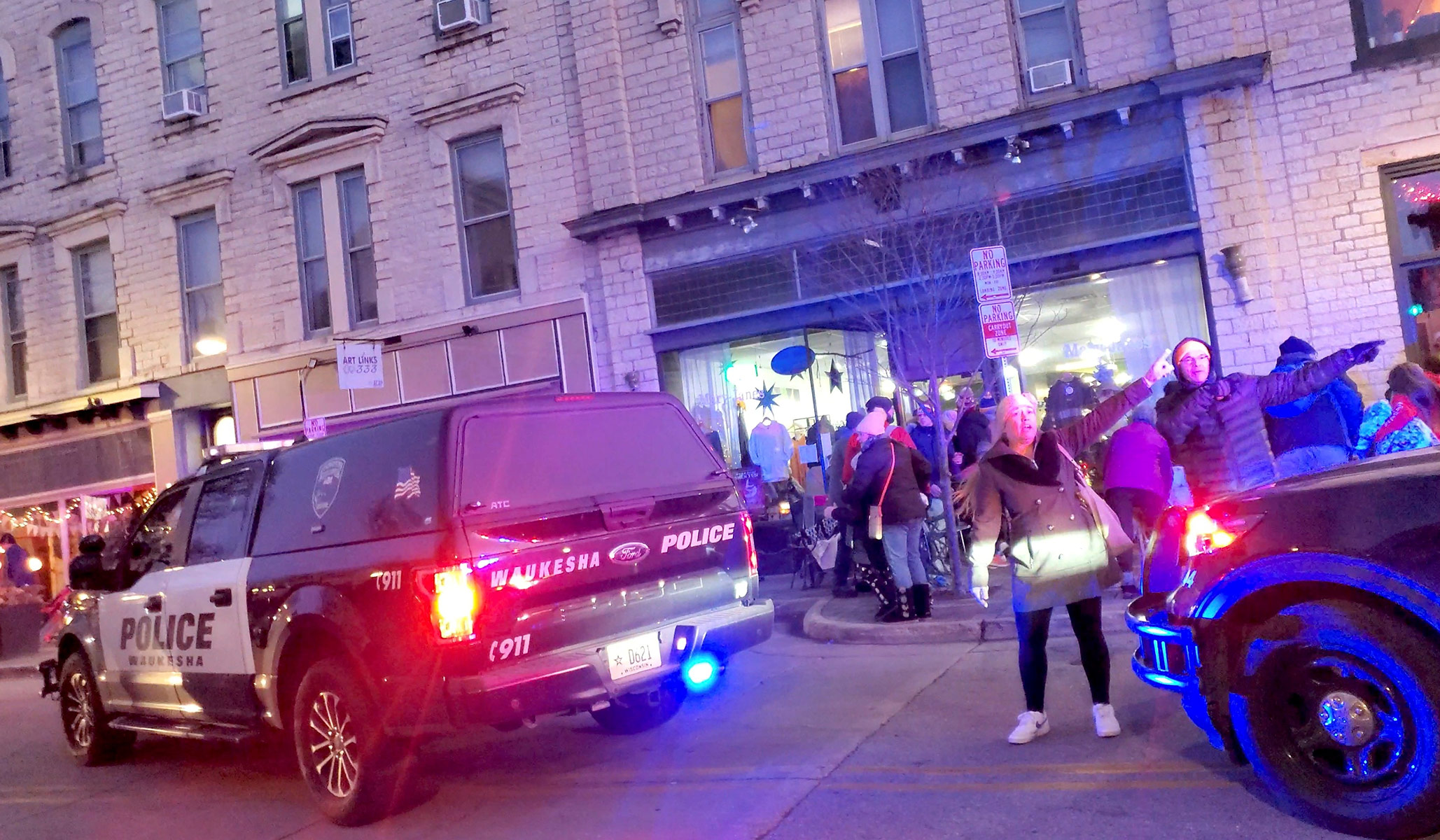The claim is made that the bail system is in effect, a form of debtor's prison, or a way of punishing poverty and mistreating Black people and other POC's.
This exposes the fallacy of disparate impact (coincidence vs. causation).
The criminal justice system requires that accused people SHOW UP for their hearings and trials. Logical, eh?
So when someone is credibly accused of a crime, the Court assesses the likelihood that the defendant will show up for the next hearing or trial. What factors are considered?
And that's it. Has nothing to do with race.
But if you are poor, you are less likely to be employed, to own property, and to have a supportive family. If you are a repeat felon, you have a great incentive to flee, as subsequent convictions will likely carry more severe penalties.
If you are Black and in a criminal environment (which leads to arrest), you are unlikely to have stable employment, and so on. Hence, there is a "disparate impact" resulting from the historical criteria for setting bail, but it's not because The System is biased; it's because life is biased.
You will notice that these bail criteria do NOT include the severity of the crime, or the likelihood that the accused committed it. "Innocent until proven guilty," and all that. When these things come up, it is usually under circumstances where an ELECTED DA or Judge may be subject to serious criticism if the accused is released.
Race has nothing to do with any of this.
This exposes the fallacy of disparate impact (coincidence vs. causation).
The criminal justice system requires that accused people SHOW UP for their hearings and trials. Logical, eh?
So when someone is credibly accused of a crime, the Court assesses the likelihood that the defendant will show up for the next hearing or trial. What factors are considered?
- Is the defendant employed?
- Does he have a family?
- Does he have ties to the community?
- Does he own real property or other non-portable assets?
- Does have incentive to flee?
- Does he have the resources to flee?
- Does he have a history of missing hearings?
- Is there any indication that specific people or property will be in danger if the accused is released?
And that's it. Has nothing to do with race.
But if you are poor, you are less likely to be employed, to own property, and to have a supportive family. If you are a repeat felon, you have a great incentive to flee, as subsequent convictions will likely carry more severe penalties.
If you are Black and in a criminal environment (which leads to arrest), you are unlikely to have stable employment, and so on. Hence, there is a "disparate impact" resulting from the historical criteria for setting bail, but it's not because The System is biased; it's because life is biased.
You will notice that these bail criteria do NOT include the severity of the crime, or the likelihood that the accused committed it. "Innocent until proven guilty," and all that. When these things come up, it is usually under circumstances where an ELECTED DA or Judge may be subject to serious criticism if the accused is released.
Race has nothing to do with any of this.

